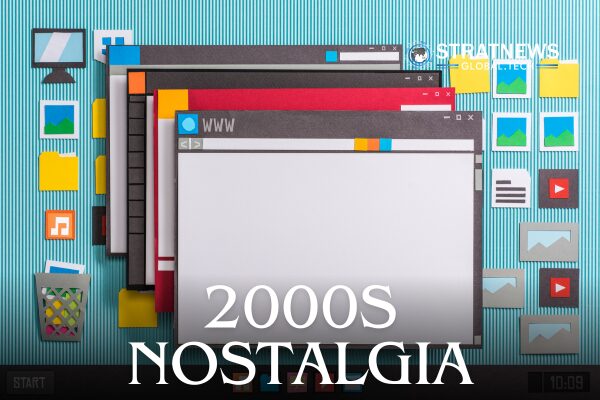China’s Youth Nostalgic for 2000s Boom Era Amid Economic Anxiety
As job prospects and income opportunities dwindle in China, a wave of nostalgia for the early 2000s is sweeping through social media. China’s users are revisiting the fashion, music, and pop culture of the high-growth years in what analysts say is a subtle way to express frustration with the current economy without attracting censorship.
The phrase “beauty in the time of economic upswings” has surged in popularity online. Often accompanied by pictures of early 2000s celebrities in bold makeup and colourful outfits, or throwback TV ads and music videos, the trend gained traction over the summer—just as a record 12.2 million university students graduated into a difficult job market.
Tough Economic Climate Fuels Nostalgia
China’s economy is growing at around 5% in 2025, but the pace is far slower than the boom years between 2001 and 2010. Analysts describe today’s economy as dual-speed: manufacturing and exports remain strong, but domestic demand and household income are lagging.
This economic divide is especially visible among young people. Many graduates are struggling to find work in a competitive job market shaped by rising trade tariffs, deflation, and overcapacity.
On RedNote, China’s Instagram-style platform, the hashtag has drawn nearly 50 million views. Most of the posts come from millennials, recalling greater freedom in career and consumption choices during their twenties. However, the trend’s popularity today is being driven by Gen Z users, who face fewer opportunities.
China’s Cultural Expression Meets Subtle Dissent
According to Xiao Qiang, founder of China Digital Times, the trend represents a challenge for Chinese authorities. By focusing on nostalgic fashion and beauty, users avoid direct political commentary but still voice discontent with the economic status quo.
“This nostalgia creates a collective atmosphere of indirect criticism,” Xiao said. “It quietly undermines confidence in the official economic message.”
Social media posts under the hashtag often avoid censorship because they celebrate the aesthetics of a more optimistic time rather than criticise current leaders outright.
Brands Ride the Nostalgia Wave
Recognising the trend’s popularity, global brands have jumped on board. Companies like Giorgio Armani, Tom Ford, and Valentino have sponsored related posts on RedNote in recent weeks. On Alibaba’s Taobao platform, over a dozen sellers are using the hashtag to promote nostalgic fashion.
Products tied to the early 2000s aesthetic include bulky Nike sneakers, Procter & Gamble’s “Millennial Rose” shampoo, and bright lipsticks from Maybelline. In a recent Weibo post, Maybelline encouraged users to “feel the beauty and vitality of the economic upswing.”
Still, the early 2000s look hasn’t made a strong comeback in everyday fashion. Analysts say brands are tapping the trend more for visibility than to drive new product lines.
Beauty bloggers note that current makeup styles reflect the more cautious economic climate. Minimalist trends like “glass skin” and monochrome palettes dominate today’s looks—sharply contrasting with the bold, futuristic makeup of the 2000s.
“In good economic times, makeup was about looking confident and expensive,” one blogger wrote. “Now, it’s all about blending in and staying practical.”
with inputs from Reuters


